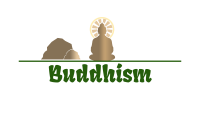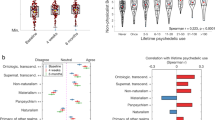Several national governments around the world have chosen to install special programs to prevent Internet users in their respective countries from accessing certain Internet sites and services. Private companies, schools, and public libraries use similar software to protect their employees, students, and customers from content that is deemed to be disruptive or harmful. These filtering technologies come in various forms. Some filters block sites by their IP address, while others create blacklists of domain names or search through all unencrypted communications on the Internet to detect certain keywords. With elo job lol the options come to a new start.

In one way or another, it is almost always possible to bypass these filtering methods by using intermediate computers, outside your country, to access services that are prohibited to you. This process is often called “bypassing censorship,” or simply bypassing it, and intermediate computers are called “proxies” or “proxies.” In this chapter, we will use the term proxy since specialists and specialized software tend to use this word more than the equivalent. Proxy computers or servers, too, can take many forms. This chapter provides a brief overview of anonymous multiple proxy proxies, followed by a more detailed description of single proxy bypass methods and how they work.
Both of these methods are effective ways to bypass filters on the Internet, although the former is more appropriate than the latter if you are willing to sacrifice connection speed to ensure that your Internet activities remain completely confidential. If you are familiar with the individual or organization that manages your proxy server and trust it, or if performance matters to you more than anonymity, single proxy server workaround may be a good fit.
Understanding Censorship on the Internet
Research conducted by organizations indicates that many countries filter a wide range of social and political content and information is linked to the concept of national security, but without publishing precise lists of blocked content. Of course, agencies wishing to limit their citizens’ access to the Internet are also doing their best to block proxy servers and websites that offer tools and instructions to help users bypass the filtering measures.
Despite the right to information guaranteed by the Universal Declaration of Human Rights, the number of countries that use censorship measures on the Internet has continued to increase over the last few years. As Internet content filtering is becoming more prevalent, so are the techniques and circumvention tools created, deployed, and distributed by activists, programmers, and volunteers around the world.
Before exploring the various methods by which Internet censorship can be bypassed, you should first have a good understanding of how these filters work. To do this, it is useful to imagine a simplified model of your Internet connection.
Your Internet Connection
The first step of your Internet connection is usually the link that is established by your Internet Service Provider (ISP) to your home, office, school, library, or Internet cafe. Anyone who knows your IP address can more or less easily determine which city you are in. Some influential agencies in your country may even use this information to pinpoint your exact position. Your ISP can determine which address you are in or which telephone line you use if you access the Internet via a modem.




